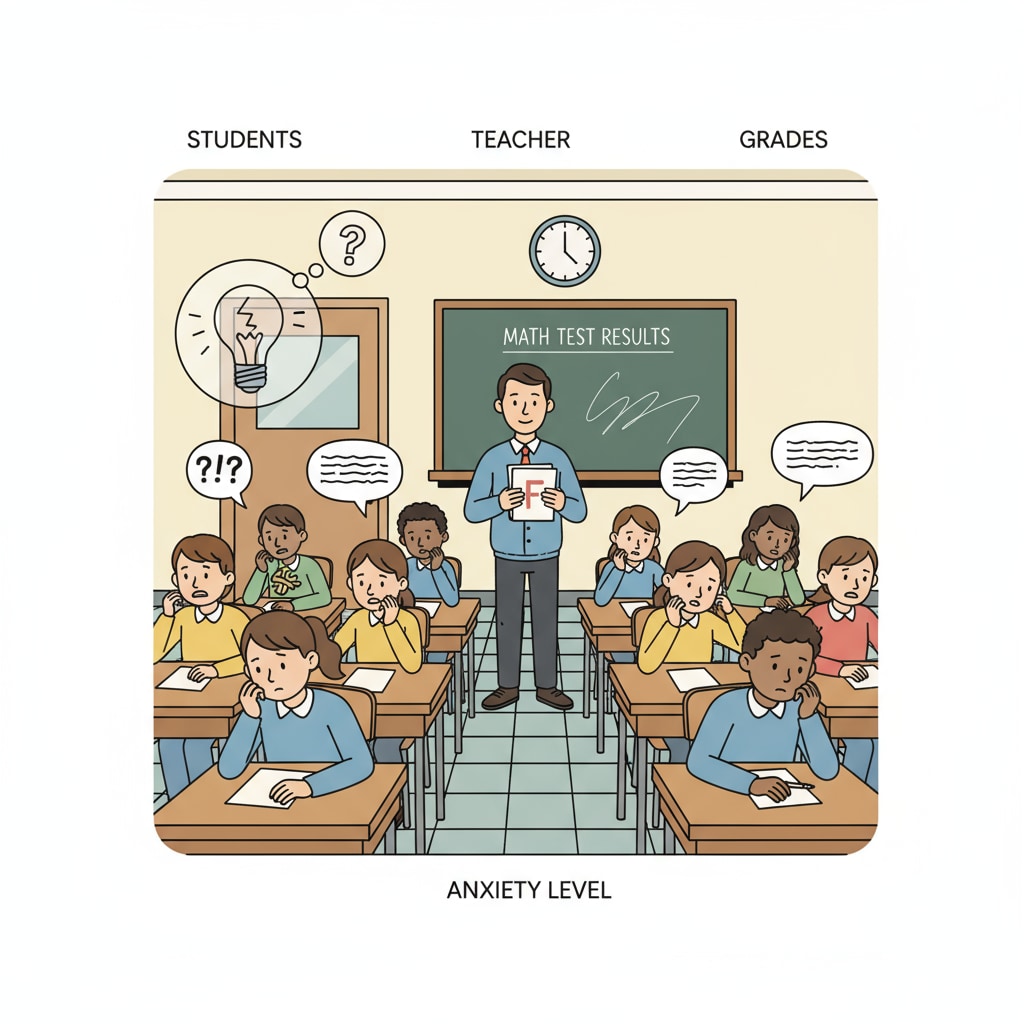In the realm of K12 education, score systems, education reform, and academic integrity are intertwined issues that demand our attention. The traditional scoring system, which has long been the cornerstone of educational evaluation, is now under scrutiny for its numerous negative impacts on students’ learning experiences and educational development.

The Drawbacks of Traditional Scoring Systems
Firstly, traditional score systems often lead to the alienation of learning motivation. Students are increasingly focused on achieving high scores rather than truly understanding and engaging with the knowledge. For example, they might rote memorize information for a test, forgetting it soon after, as their primary goal is to obtain a good grade. This approach shifts the focus from learning for personal growth to learning for external validation, undermining the essence of education.

Inhibiting Creativity and Innovation
In addition, these systems tend to suppress creativity. The emphasis on right or wrong answers in traditional scoring leaves little room for students to think outside the box. Teachers are often pressured to teach to the test, which restricts the exploration of new ideas and innovative thinking. According to National Education Association research, students in highly test – driven environments are less likely to develop creative problem – solving skills.
Another significant issue is the academic integrity crisis. With the high stakes associated with scores, some students may be tempted to cheat to achieve better grades. This not only undermines the fairness of the educational system but also fails to accurately reflect students’ true learning progress. As stated by Cheating Prevention Organization, academic integrity is the foundation of a reliable education system.
Reform Directions for a New Evaluation System
To address these problems, a shift towards an ability – oriented evaluation system is essential. Instead of solely relying on test scores, we should focus on students’ practical skills, critical thinking abilities, and problem – solving capabilities. This could involve project – based assessments, where students demonstrate their knowledge and skills in real – world scenarios.
Process evaluation is also crucial. By tracking students’ learning progress over time, we can provide more comprehensive feedback. Teachers can monitor students’ efforts, participation, and improvement, rather than just looking at the final outcome. This encourages students to be more engaged in the learning process and promotes continuous improvement.
Finally, a system of multiple feedback sources can enhance the evaluation. In addition to teacher feedback, students can receive input from peers and self – evaluation. Peer feedback can help students learn from different perspectives, while self – evaluation fosters self – awareness and responsibility for their own learning.
Readability guidance: The article has presented the problems of traditional score systems and proposed reform directions. By highlighting the issues and solutions, it aims to promote a more comprehensive and effective education evaluation system that also safeguards academic integrity.


